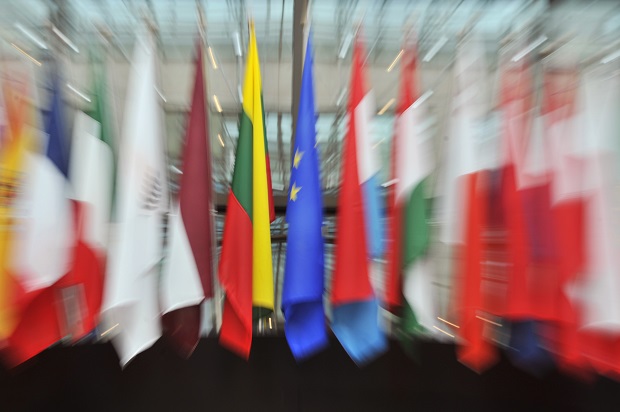Tristram Hunt, Shadow Education Secretary, is an intelligent and articulate individual but like everyone in politics, has the handicap of having to square his views with the record and policies of his own party. His interesting interview with the Fabian Review is a case in point. He attributes some of the education failures of white boys — the new educational underclass — in British schools to the influx of large numbers of East European immigrants in areas like Kent and East Anglia. His remedy for the problem is benign, namely, to educate indigenous youth to the standards needed by employers, so as to outflank the competition, and to focus on vocational skills in a way that Labour didn’t do in power. So far, so dandy.
He acknowledges too that in power Labour didn’t anticipate the scale of the influx from Poland after the EU expansion to the east. (Well quite so: at the time, I tried to put a bet about the likely scale of arrivals with the Home Office spokesman who told me that the numbers coming would be in the order of 10,000; he wouldn’t, alas.)
But what’s interesting is that in order to outline the potential disadvantages of immigration from Eastern Europe, he has to demonstrate his essential inclusivity by squaring the policy with Labour’s traditional immigrant constituency. Take this quote: ‘I’m influenced by my time as MP for Stoke on Trent. I remember talking to a young, second-generation Pakistani British lad who was concerned about the speed on change in the community as a result of the failure to introduce control-led immigration from the EU accession states last time.’
Yes, the speed of the influx was unsettling all round, including to a previous generation of immigrants. But it’s a curious device, to make his argument palatable by expressing it via a ‘second generation Pakistani British lad’ rather than, say, a white Brit. Because if it comes to the speed and scale of uncontrolled immigration, Labour has a case to answer, as Mr Hunt knows, about the influx from outside the EU during its watch.
There are two sets of figures to bear in mind. One is that in the decade between 2001- 2011, ie, during Labour’s time in government, around four million people came to Britain. Roughly 30 per cent of them were from the EU. So the notion that ungoverned immigration is a problem of Poles is not true, though it suits the party to say so. The other is that in the last two years to June, over a million people came to live in Britain. About half of them were from the EU. So it’s still the case that the problem of immigration is not just an EU problem, though you’d never think it to listen to the PM banging on about Bulgarians and benefits.
Both parties, in other words, are focussing on the unfortunate Bulgarians and Romanians who may come to Britain after tomorrow, as opposed to the larger and more problematic immigration from areas such as, say, Pakistan. But then it’s easier to have a go at Bulgarians than to annoy your own constituency. Consider former Home Secretary, David Blunkett, who recently expressed rather unpleasant views about Romanian immigrants on the basis that they were getting up the noses of his Pakistani constituents. But didn’t it similarly occur to him when he opined in office that there was no obvious upper limit to the extent of immigration that ever increasing numbers would have a disruptive effect on indigenous communities?
In other words, in order to divert attention from a real problem, the continuing scale of immigration from outside the EU, both parties are busy getting us worked up about a rather lesser one, the advent of the East Europeans. If we’re to talk about people in terms of their economic utility rather than their human and cultural worth — and that seems to be the tenor of the debate — I’d hazard a guess that the Romanians will have significantly less to contribute than the Poles, who transformed the British labour force. But I really don’t feel inclined to follow either of the main parties in attributing to these new arrivals the problems that go with immigration more generally. It’s ugly, cynical politics.







Comments